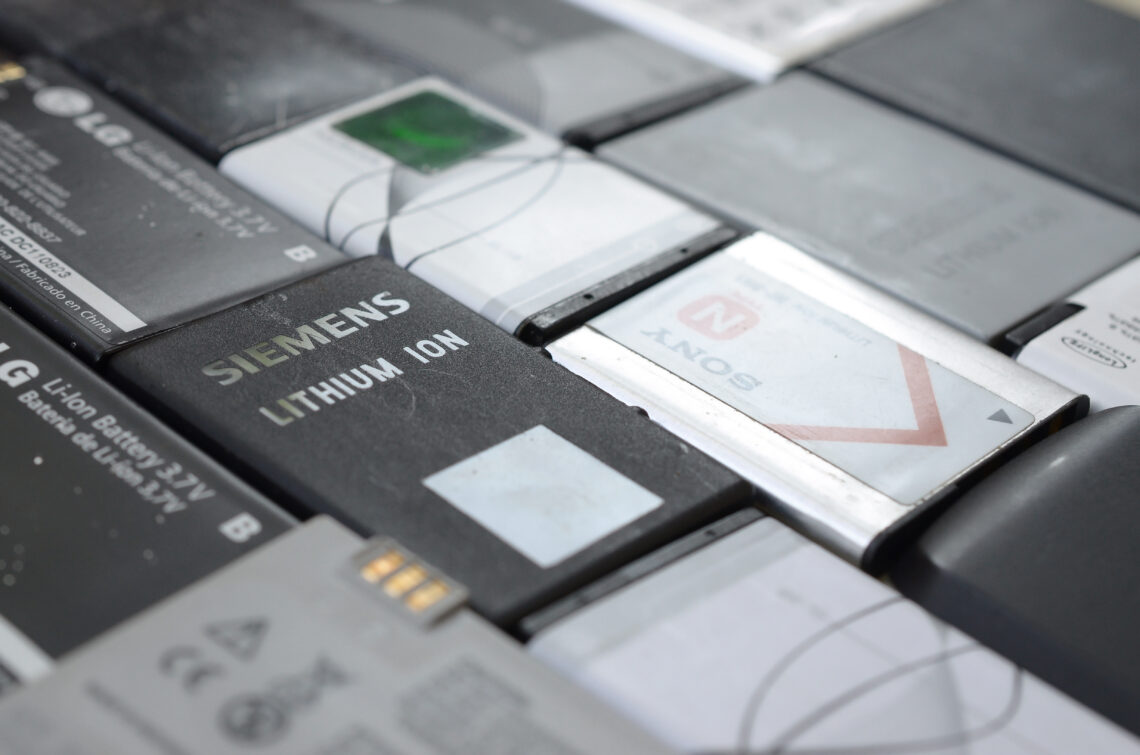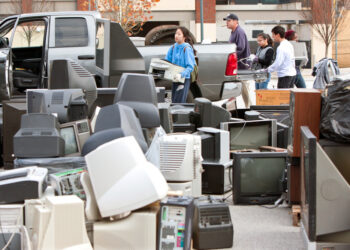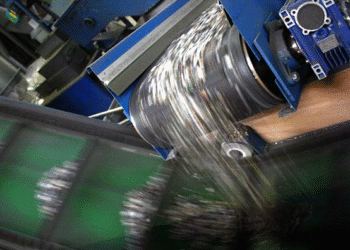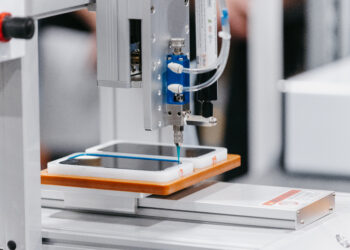E-Scrap News
Umicore highlights strength in recycling, catalysis
The company's 2025 performance offers a compelling case study in how established recovery models can provide a buffer during periods...
Apto, Tusaar partner on rare earths recovery
The collaboration centers on capturing critical materials from shredded hard drives for Tusaar’s domestic processing stream.
Nebraska grant recipients include electronics, battery programs
The grants will help fund collection of used electronics in the state, which last year passed a battery EPR law.
Sony heads renewable plastic supply chain
Sony and 13 partners formed a unique global supply chain to make circular plastics for Sony high-performance audiovisual products using...
Sims Lifecycle leverages hyperscale decommissioning
A 70% surge, a new Ireland facility, and a DDR4 supply squeeze signal a changing competitive order in ITAD.
Assurant reports fast expansion of reverse logistics
The company reported a 12% rise in Q4 profit as device trade-in and reverse logistics work expanded.
Wisconsin proposes E-Cycle target revisions
The state proposed updates clarifying target calculations, waiver standards and adding select battery devices to eligible collections, with public comment...
Iron Mountain posts record Q4, guides strong 2026 growth
Iron Mountain reports record Q4 and 2025 results as data centers and ALM surged, and forecasts double-digit 2026 growth while...
The cyber-physical MRF: AI and robotics reshape e-waste recovery
The electronics recycling industry is entering a new phase of technological acceleration. Advances in artificial intelligence, robotics, advanced chemistry, and...
Certification scorecard for the week of Feb. 9, 2026
The following facilities achieved, renewed or otherwise regained certifications recently.
More Posts
Work With Us
Newsletter
Get the latest recycling news and analysis delivered to your inbox every week. Stay ahead on industry trends, policy updates, and insights from programs, processors, and innovators.























